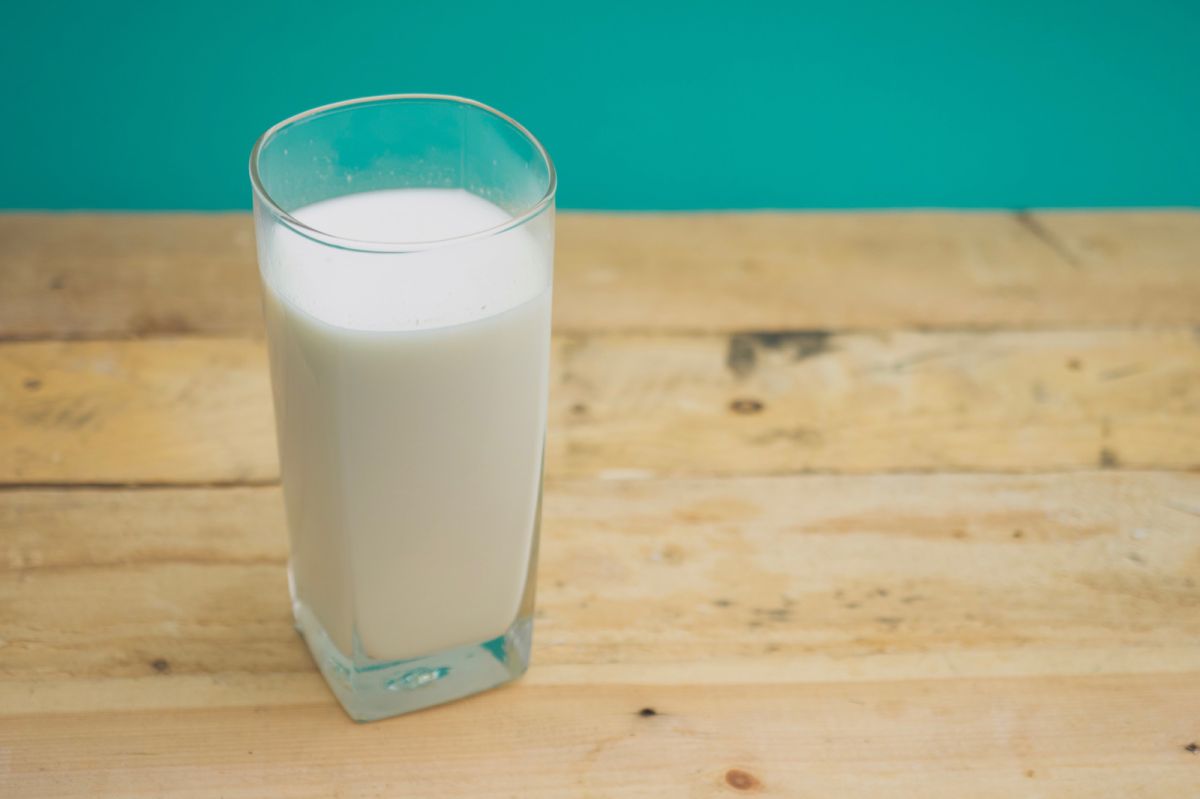IFA calls on consumers purchase co-op-owned milk

The IFA president Francie Gorman said that while consumers might be glad to see cuts in retail milk prices, they should be aware of the potential consequences of retail price wars, and the IFA is asking consumers to prioritise the purchase of farmer/co-op owned milk brands.
“Ireland’s fresh milk is provided by a small cohort of farmers who have signed a contract to produce milk 365 days of the year. This means they have higher production costs and must milk their cows every day of the year,” he said.
“These farmers receive a modest premium over the price for manufacturing milk. This is to cover the extra costs and commitment required of them. Higher costs at farm level have already resulted in many farmers exiting fresh milk production. The number of producers has fallen by 34 per cent in the past 10 years and now stands at approximately 1,200 suppliers.”
The IFA president said that farmers will be very concerned to see cuts to fresh milk prices being trumpeted by retailers. He added: “The real fear here is that this will be the start of a PR campaign by retailers where they use price cuts on a small number of fresh food items to attract customers into their stores to buy other products with much higher margins.”
IFA liquid milk chair, Henry Dunne, said there is a real danger that fresh milk producers will cease to sign year-round contracts. Instead, they will send their milk for manufacturing and will be free to dry off their cows over the winter.
“A price war would threaten the viability of a very vulnerable sector. We would ask consumers to prioritise the purchase of farmer/co-op owned milk brands,” he said.
“These kinds of price cuts might make for good headlines, but they could have long-term consequences for the viability of our fresh milk farmers,” he said.
The IFA president said he wanted to make it clear that they will not stand by and allow retailers to engage in a price war using food items to gather headlines. “It is not acceptable for retailers to lead prices down, putting pressure back on farm gate prices when costs are increasing. The IFA will not allow this to happen,” he said.




